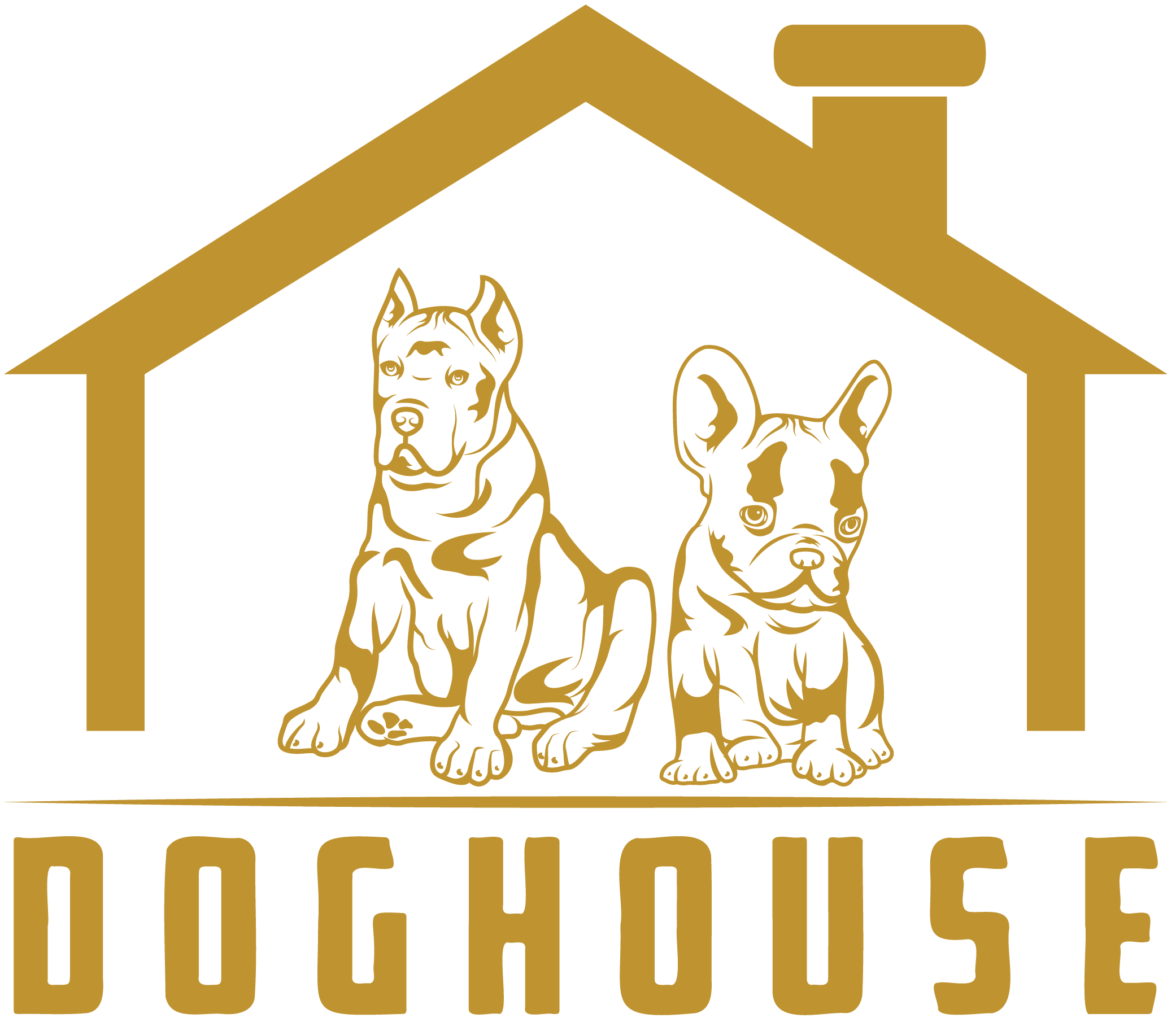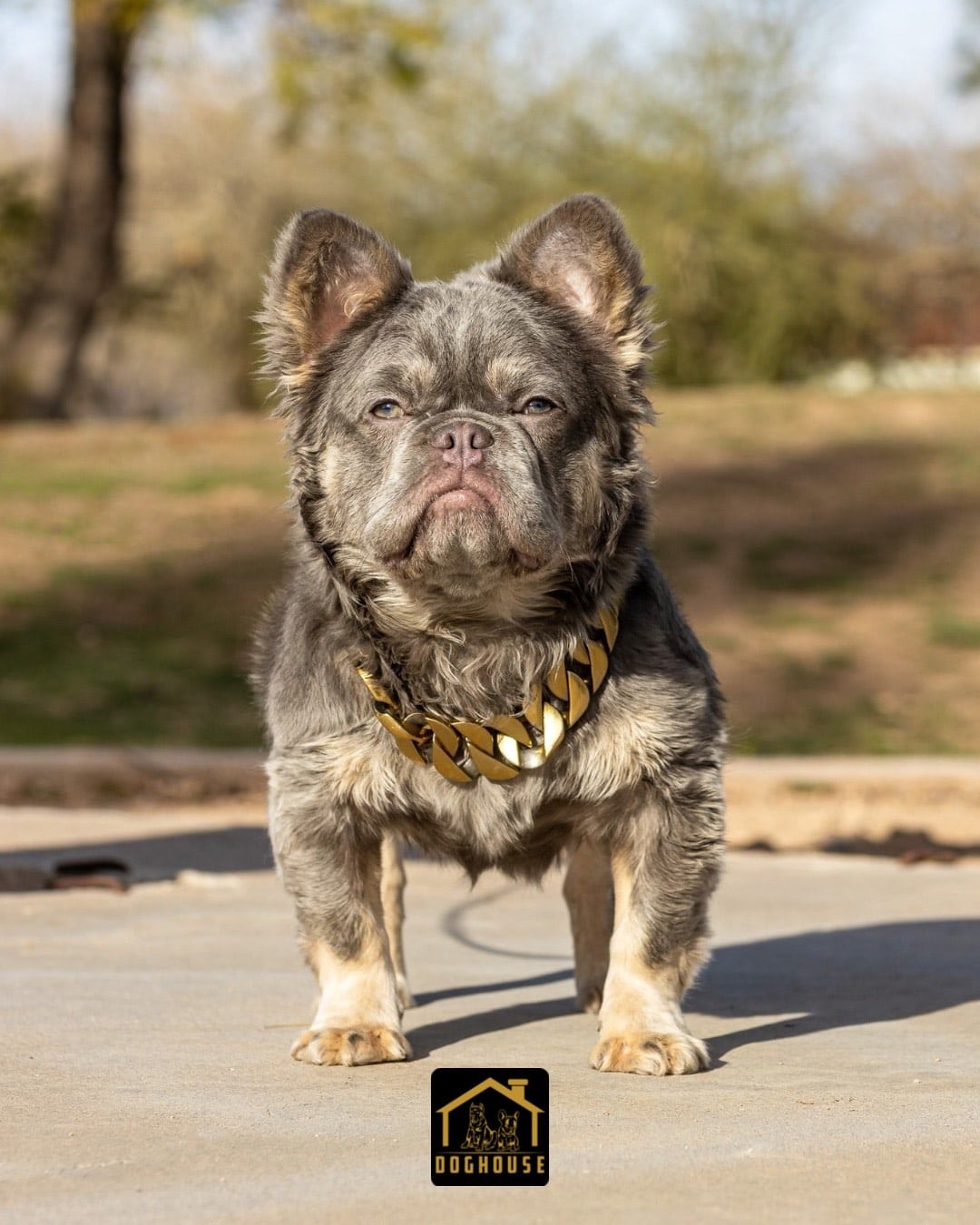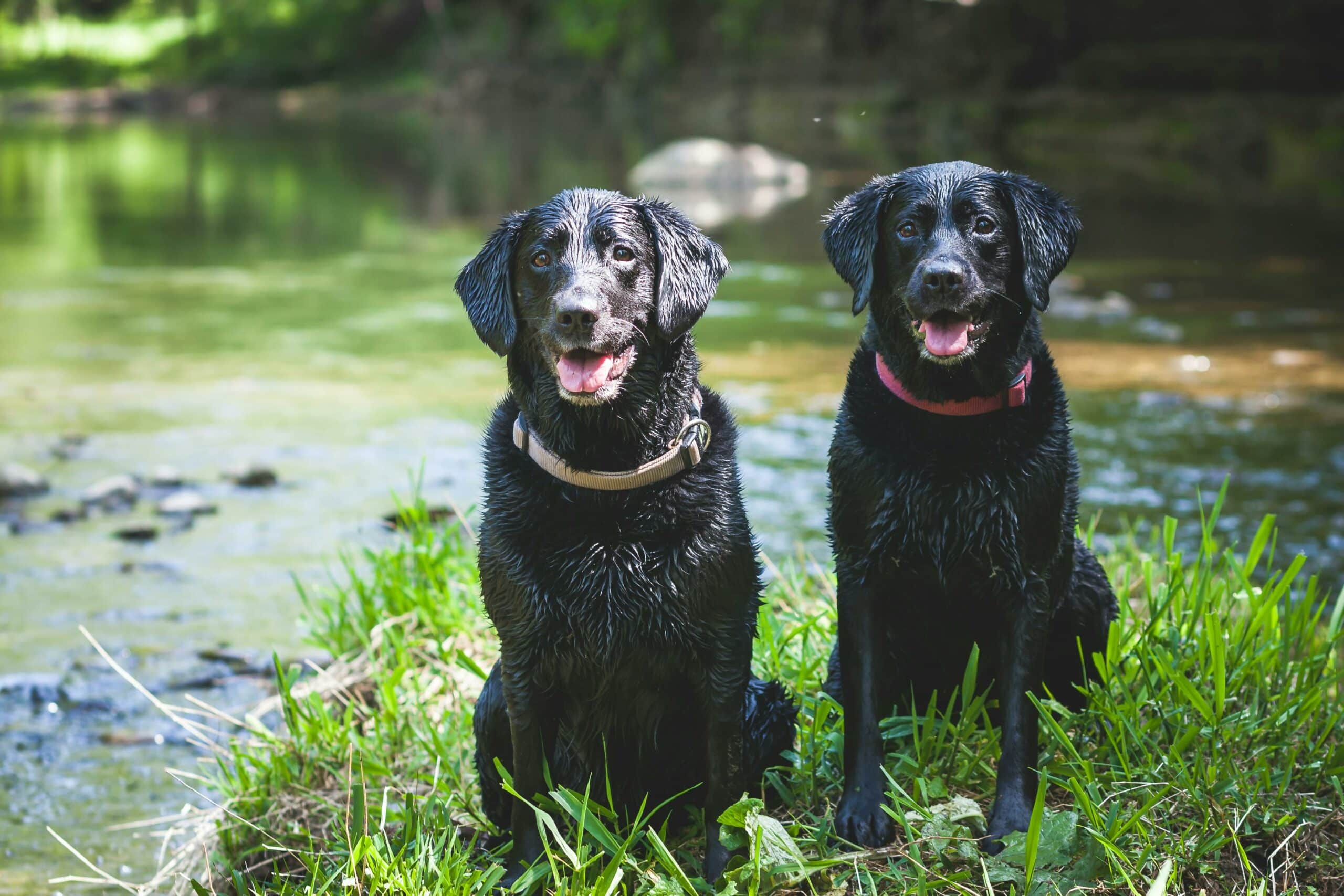Dogs should not eat grapes or raisins under any circumstances, as they can be extremely toxic to them. The exact cause of grape toxicity in dogs isn’t well understood, but ingestion can lead to severe kidney damage and even be fatal if not treated quickly. Some dogs may show more severe reactions than others, but it’s important to be cautious with all dogs regardless of their size, age, or breed.
What Are The Symptoms of Grape Toxicity in Dogs?
If a dog ingests grapes or raisins, immediate action is crucial. Symptoms of grape poisoning can include vomiting, diarrhea, decreased appetite, weakness, abdominal pain, and changes in urine production. If you suspect your dog has eaten grapes or any products containing grapes, it’s essential to seek veterinary care immediately. In some cases, veterinarians will induce vomiting to prevent further absorption of the toxins and may administer treatments such as IV fluids and medications to support kidney function and prevent further damage.
It’s also a good practice to keep grapes and raisin-containing products like baked goods or cereals securely out of reach of dogs and educate anyone who may interact with your dog about these dangers.
How Many Grapes Can a Dog Safely Eat?
Dogs should not eat grapes in any amount. There is no safe quantity of grapes for dogs to consume, as grapes are highly toxic to them. Even one grape can cause serious health issues, including acute kidney failure. The level of toxicity can vary among individual dogs, and some might be more sensitive than others, but it’s best to avoid giving any grapes to dogs entirely. If a dog accidentally consumes grapes, it is considered an emergency, and immediate veterinary care is needed.
What Should I Do If My Dog Eats Grapes?
If your dog eats grapes or raisins, it’s crucial to act immediately due to the potential for severe toxicity. Here are the steps you should take:
- Do Not Wait for Symptoms to Appear: Even if your dog seems fine, the effects of grape toxicity can take time to manifest, and early intervention is crucial.
- Contact Your Veterinarian or an Emergency Vet Clinic: Explain what happened, including how many grapes your dog may have eaten and when it occurred. Your vet might instruct you on what to do next or ask you to bring your dog in immediately.
- Follow Veterinary Advice: The vet might recommend inducing vomiting to prevent further absorption of the toxins. This is usually done at the clinic, but if you are instructed to induce vomiting at home, you might be advised to use a 3% hydrogen peroxide solution. Never attempt this without explicit instructions from your veterinarian, as it can be harmful if not done correctly.
- Bring Your Dog to the Veterinary Clinic: Even if you have induced vomiting at home, it is crucial to have your dog examined by a professional. The vet may administer activated charcoal to prevent further toxin absorption and provide supportive care like IV fluids to help protect the kidneys.
- Monitor Your Dog: After treatment, it’s important to watch for any signs of distress such as increased lethargy, vomiting, diarrhea, or decreased urine output. If you notice any of these symptoms, contact your vet immediately.
- Prevent Future Incidents: Ensure that grapes, raisins, and any foods containing these fruits are kept out of reach of your dog in the future, and inform everyone in your household of the risks.
Early intervention can significantly improve the outcome for dogs who ingest grapes or raisins, so prompt and decisive action is key.
How Do I Prevent Grape Poisoning in My Dog?
To prevent grape poisoning in your dog, here are several steps you can take:
- Educate Your Household: Make sure everyone in your home understands that grapes and raisins are toxic to dogs. This includes guests and children who may not be aware of the risks.
- Secure Storage: Store grapes, raisins, and any foods containing these fruits securely out of reach. Consider keeping these items in high cabinets or locked storage areas that your dog cannot access.
- Be Mindful During Meals and Snacks: Be cautious when eating grapes or foods containing raisins. Dogs can be quick to snatch up dropped food, so eating such items over a surface that’s easy to clean or out of your dog’s reach can help prevent accidental ingestion.
- Regular Trash Management: Ensure that your trash cans are secure and your dog cannot rummage through them. Dogs might find and eat discarded grape or raisin-containing products from the garbage.
- Training: Teach your dog commands like “leave it” or “drop it.” This training can be crucial in stopping them from eating harmful items they may pick up.
- Pet-Proof Your Home: Regularly sweep and check areas where your dog spends time for any dropped or accessible food items that could be dangerous.
- Communicate with Caretakers: Inform pet sitters, dog walkers, and other caretakers about the foods your dog cannot eat, emphasizing the danger of grapes and raisins.
- Emergency Plan: Have an emergency plan in place. Know the location of the nearest 24-hour veterinary clinic and have their contact information readily available. It’s also helpful to keep a pet first aid kit, which includes items that might be recommended by a vet in an emergency (like 3% hydrogen peroxide for inducing vomiting under their guidance).
By following these precautions, you can significantly reduce the risk of grape poisoning and ensure that your dog remains safe and healthy.
What Other Fruits Are Not Safe For Dogs to Eat?
Besides grapes and raisins, there are several other fruits that are not safe for dogs to eat. These include:
- Cherries: The pits, stems, and leaves of cherries contain cyanide, which is toxic to dogs if ingested in sufficient quantity. The flesh of the cherry itself isn’t toxic, but it’s best to avoid giving cherries to dogs because of the risk posed by the other parts.
- Citrus Fruits (Lemons, Limes, Grapefruit): The high acidity and essential oils in citrus fruits can cause an upset stomach in dogs. In larger amounts, the compounds found in citrus could potentially cause more severe issues like central nervous system depression.
- Avocado: All parts of the avocado contain persin, a fungicidal toxin that can cause vomiting and diarrhea in dogs. The large pit also poses a significant choking hazard and can cause obstructions in the gastrointestinal tract.
- Tomatoes: While ripe tomatoes are generally considered safe for dogs in small quantities, the green parts of the tomato plant—the stems and leaves—as well as unripe tomatoes, contain solanine, a toxin that can cause gastrointestinal distress.
- Persimmons, Peaches, and Plums: The seeds or pits of these fruits can cause intestinal blockages and contain cyanide, which is poisonous to dogs and humans alike. The flesh of the fruits is safe in moderation, but it’s best to avoid them to prevent accidental ingestion of the pits.
It’s important to always monitor what your dog eats and to consult with a veterinarian if you are unsure whether a particular food is safe for your pet. Additionally, any fruit given to a dog should be served in moderation, ensuring it is properly prepared (e.g., peeled, pitted, and cut into appropriate-sized pieces) to prevent choking or other digestive issues. Always remove seeds, pits, and any toxic parts of fruits before offering them to your dog.
Conclusion
Dogs cannot eat grapes or raisins in any amount as they are highly toxic to them. The exact cause of this toxicity is not fully understood, but ingestion can lead to severe kidney damage and even be fatal without prompt treatment. If a dog consumes grapes, immediate veterinary intervention is critical. Symptoms to watch for include vomiting, diarrhea, decreased appetite, and lethargy. Preventative measures include educating household members, securing grapes out of reach, and training dogs to respond to commands that prevent them from eating unsafe items. It’s also vital to ensure that all caretakers are aware of the dangers of grapes and other toxic foods such as cherries, citrus fruits, and avocados. Being vigilant about these dangers and having a plan in case of accidental ingestion can help keep dogs safe and healthy.











